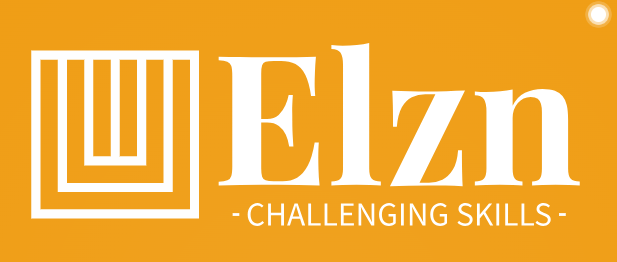In today’s increasingly digital world, privacy and security have become paramount concerns for individuals engaging in online transactions, particularly in more sensitive and covert activities. A major element in ensuring this security is the ability to protect customer anonymity, which has become a cornerstone for certain online platforms operating in specialized markets. These platforms employ advanced measures to shield the identities of their users, offering them peace of mind that their personal information remains confidential and their online activities secure. By employing robust encryption protocols, these platforms can ensure that all communication between users and the platform remains private. This encryption not only secures personal information but also protects the content of transactions and exchanges, making it nearly impossible for external entities to intercept or decipher the data. Such measures are vital for those who wish to remain anonymous in environments where the exchange of sensitive information, such as financial transactions, could put their safety at risk.

In addition to encryption, these platforms also use sophisticated authentication systems. These systems typically require users to provide multiple layers of security before accessing their accounts or making transactions. This could involve the use of two-factor authentication, biometric scans, or secure passwords that are difficult for potential hackers to guess or bypass. By ensuring that only authorized users can access their accounts, the Abacus darknet platforms make it far harder for malicious actors to steal identities or carry out fraudulent activities. Another method utilized to protect anonymity is the use of decentralized networks. Rather than relying on a single centralized server, which could be a potential vulnerability, decentralized networks distribute data across multiple locations, further complicating any efforts to track users. This not only enhances security but also prevents the platform from holding large amounts of user data in a single location, which could otherwise be exposed in the event of a security breach. In this way, users can feel confident that their data is not being stored or monitored by a central authority.
For those concerned about financial privacy, these platforms also support the use of cryptocurrency as a primary method of payment. Traditional financial systems often require personal information that could be linked back to an individual, but cryptocurrencies provide an anonymous alternative. These digital currencies allow users to make transactions without revealing their identity, providing an added layer of security and privacy. Cryptocurrency transactions are processed through blockchain technology, which is transparent but also encrypted, making it virtually impossible to trace individual transactions back to a specific user. The emphasis on customer anonymity extends beyond just transactional security. Many of these platforms have developed comprehensive systems that actively monitor for any potential breaches or suspicious activities. This proactive approach helps to identify and mitigate threats before they can affect users. Whether through advanced algorithms or human oversight, these systems ensure that any attempt to compromise user anonymity is swiftly detected and neutralized. For users who prioritize privacy in their digital lives, platforms that excel in protecting anonymity provide a valuable service.
